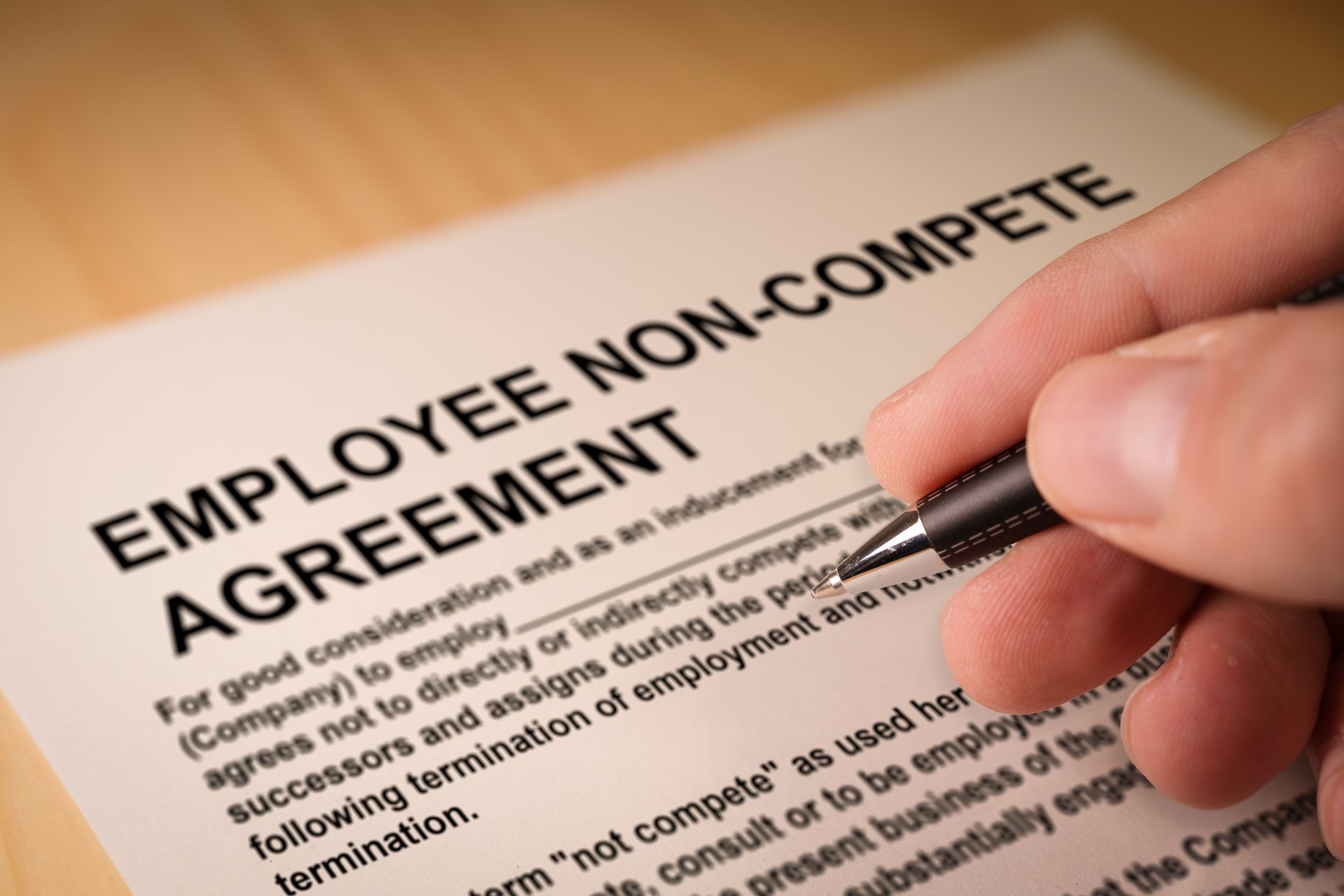
Drug-related offenses in schools are treated with particular seriousness in Minnesota. Whether it's a student caught with marijuana in a backpack or someone accused of distributing prescription pills, the consequences extend beyond school suspensions. These cases can lead to criminal charges, impact a young person’s future and have lasting effects on education, employment and personal freedom.
Minnesota Law and School Zones
Minnesota law enhances penalties for drug crimes that occur in school zones. According to state statutes, a school zone includes any area within 300 feet of a school property or school bus. If someone is found selling or possessing controlled substances within these zones, the penalties can be significantly higher than the same offense committed elsewhere.
For example, a fifth-degree controlled substance crime that would usually be a gross misdemeanor could be charged as a felony if it occurs in a school zone. This enhancement aims to deter drug activity near minors and educational institutions, but it can also mean a student caught making a poor choice faces adult-level consequences.
School Disciplinary Actions
Minnesota schools follow strict disciplinary codes when it comes to drug-related behavior. If a student is found in possession of drugs or drug paraphernalia, they may face:
- Suspension or expulsion
- Loss of extracurricular privileges
- Mandatory counseling or drug education programs
- Referral to law enforcement
School administrators are often required by policy to involve local police in drug cases, especially if the offense involves distribution or possession of a controlled substance beyond minimal personal use. Once law enforcement becomes involved, school consequences may be just the beginning.
Juvenile vs. Adult Charges
In Minnesota, minors charged with drug offenses typically go through juvenile court. However, serious drug crimes, especially those involving sales or trafficking, can lead to "adult certification," where the minor is tried as an adult. This decision depends on the student’s age, prior record, and the nature of the crime.
Being charged as a juvenile still carries serious penalties, including:
- Probation with strict conditions
- Placement in a juvenile detention facility
- Community service or drug treatment programs
- Long-term monitoring and court involvement
If a minor is certified as an adult, they face the same criminal penalties as someone over 18, which may include prison time and a permanent criminal record.
Impact on a Student's Future
One of the most devastating aspects of a drug-related school offense is the long-term impact on a student’s future. Even if the case is handled through the juvenile system, the student could face:
- Limited college opportunities: Some universities deny admission based on criminal records, even juvenile ones.
- Ineligibility for federal financial aid:
Drug convictions can disqualify a student from FAFSA eligibility, making higher education financially difficult.
- Employment barriers: Employers often conduct background checks, and even a dismissed charge can create red flags.
- Driver’s license suspension: In some cases, a conviction can lead to losing driving privileges, limiting a teen’s independence.
The stigma associated with drug charges can affect relationships, self-esteem, and future decision-making. It can become a permanent mark unless steps are taken to seal or expunge the record later.
When Police Are Called In
If a drug offense is reported to police, the situation can escalate quickly. Students may be searched, interrogated, and arrested. The presence of drugs on school grounds is viewed by law enforcement as a community safety issue, and officers are often under pressure to act decisively.
Once the police are involved, the student may be taken into custody, charged, and required to appear in juvenile or district court. It’s critical that students and their families understand their rights, including the right to remain silent and the right to an attorney.
Alternative Sentencing and Diversion Programs
Minnesota courts do offer alternative sentencing for first-time juvenile offenders. These diversion programs can include drug counseling, community service, and probation in place of formal charges. If successfully completed, these programs can keep a conviction off a young person’s record.
However, these options are not always offered automatically. Having an experienced criminal defense attorney may be beneficial for students and parents who are hoping to negotiate for diversion or reduced charges, especially when a student's future is on the line.
When to Get Legal Help
The moment a student is accused of a drug-related offense, families should take action. An attorney can help families understand what’s at stake, evaluate the strength of the evidence, and navigate both the school disciplinary system and criminal courts.
An attorney can help negotiate with prosecutors, seek diversion programs, argue for keeping the case in juvenile court, and work to minimize penalties. They can also advocate for record sealing or expungement down the line for eligible young adults.
Get Help Finding a Vetted Criminal Defense Attorney in the Minneapolis–St. Paul Area
If your child or a loved one is facing drug charges after being arrested in or near a school in Minnesota, the situation is serious, but not hopeless. With the right legal guidance, it’s possible to reduce penalties, protect a student’s future, and move forward.
Don’t wait to get help. Acting quickly can make all the difference when a young person is facing life-changing consequences. Our referral counselors at Minnesota Lawyer Referral and Information Service (MNLRIS) can connect you with an attorney experienced in representing juvenile defendants. You can contact us here on our website or give us a call at (612) 752-6699.




